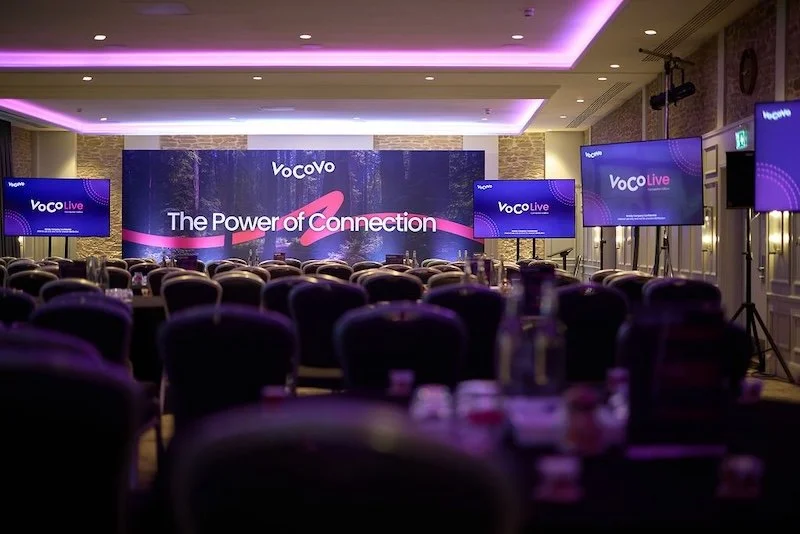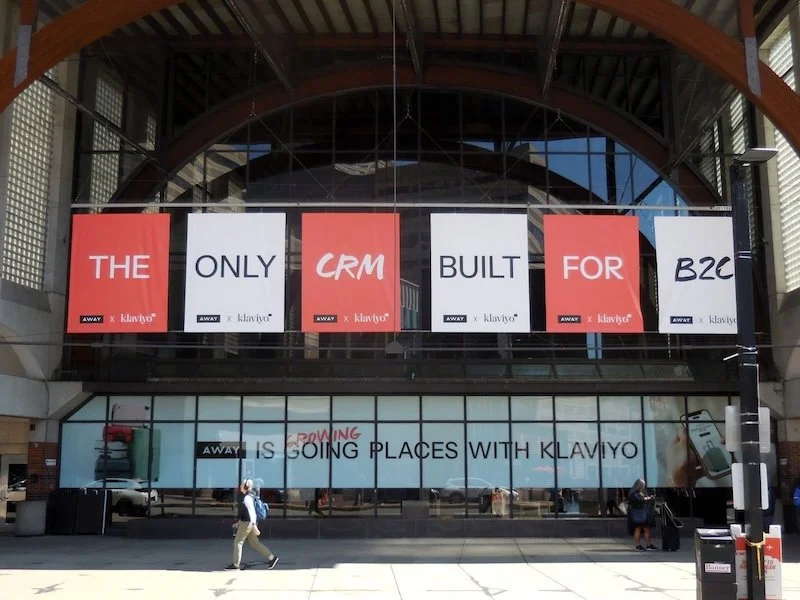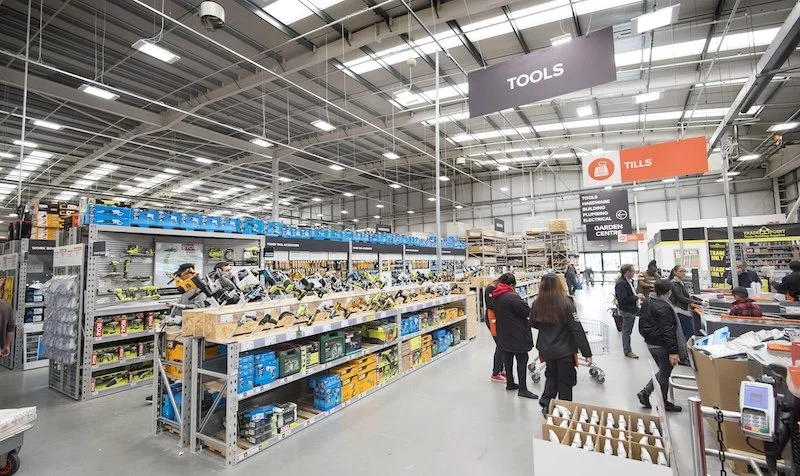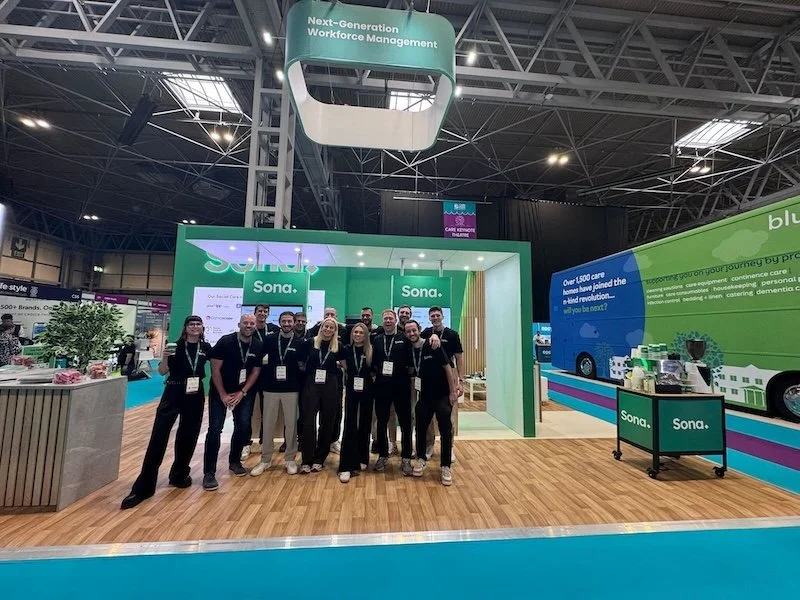Hiring in retail: a guide to automating the recruitment process
The demands of the retail industry - high turnover, peak seasonal periods, and the need for excellent customer service - make recruitment a constant challenge. To overcome these challenges, automating your hiring process can be a game changer. By streamlining and simplifying recruitment, automation can help you hire faster, reduce costs, and ultimately find better candidates.
If you've been struggling to fill retail roles efficiently, consider the benefits of recruitment automation - the various aspects of automating your retail hiring, from enhancing candidate sourcing to improving the onboarding process.
Streamlining candidate sourcing
Automation tools allow you to reach a wider audience quickly while saving time and reducing human error. Retail hiring requires reaching out to a diverse group of potential candidates, and automation can help you do this effectively.
Working with a service that can hire and manage your contractors helps streamline onboarding while maintaining consistent communication across teams. This structure supports faster placement and oversight without adding unnecessary administrative burden.
By using recruitment platforms equipped with AI-driven algorithms, you can automatically post job listings across multiple channels, including job boards, social media, and even niche websites. This helps you cast a wider net and ensure your listings are visible where prospective candidates spend their time.
Additionally, some automated systems allow you to tap into passive candidates - individuals who may not be actively searching but are open to new opportunities. Automation can help identify and engage these candidates without requiring constant manual effort.
Targeting the Right Candidates
AI-driven recruitment tools analyze candidates’ online presence and match job requirements with individual profiles more effectively than manual sorting. Using data on experience, skills, and even location preferences, automated systems can prioritise candidates that are most likely to be a good fit for your retail environment.
This improved targeting leads to better-quality candidates from the outset, saving you from sifting through hundreds of unsuitable resumes. It ensures your energy is directed towards applicants who are genuinely qualified and interested in the role.
Enhancing the application process
Applicants today expect an easy and mobile-friendly experience. Using automated recruitment software, you can offer a streamlined online application form that reduces friction points. You can integrate chatbot assistants into your career page, answering questions in real time and guiding applicants through the process step-by-step.
By reducing obstacles, you’re more likely to encourage strong candidates to complete their applications. Automation also helps by setting up a system where candidates receive instant updates on their application status. Whether it’s confirming receipt of their resume or notifying them about the next steps, such communication keeps candidates engaged and interested in your company.
Speeding Up Pre-Screening
Automated pre-screening tools can save significant time by assessing applicants based on defined criteria such as experience, availability, and certifications. In this regard, enabling tools for ATS-friendly resume formatting can further help ensure that resumes are compatible with applicant tracking systems, making the screening process even more efficient.
Furthermore, automated questionnaires and AI-driven tools can instantly rank candidates and even flag those who fit your requirements for priority consideration. This allows you to move qualified candidates through the funnel faster, reducing the risk of losing them to competitors.
Scheduling and conducting interviews
Retail managers are busy juggling multiple responsibilities, which makes manual interview scheduling challenging. Automated scheduling tools take the guesswork out of the process. Candidates can book interview slots based on available times you’ve set in your calendar, reducing back-and-forth email communication.
Moreover, automated reminders sent to both recruiters and candidates ensure fewer no-shows, minimizing wasted time. By integrating automation into scheduling, you speed up the recruitment cycle, providing a better experience for both applicants and hiring managers.
WebViewer Salesforce integration capabilities can also facilitate streamlined communication and scheduling by syncing data across platforms. WebViewers enhance the ability to visualize and interact with documents directly within the Salesforce platform, making it easier to access relevant candidate information during the hiring process.
Conducting Virtual Interviews
Automating the interview process using video interview platforms can significantly enhance efficiency with the growing acceptance of remote tools.
Pre-recorded video interviews, for instance, allow candidates to answer a series of questions at their convenience, letting you review responses on your schedule. This way, you can screen multiple candidates in a shorter timeframe without arranging live interviews immediately.
Automated interview tools also allow for customizable interview questions, helping you evaluate candidates consistently. This is especially beneficial in retail hiring, where consistency in assessing key competencies like customer service skills is crucial.
Evaluating Candidate Fit
Using predictive analytics, you can determine the likelihood that a candidate will succeed in your retail environment. These tools take into account factors such as past job stability, skills, and even cultural fit, offering a comprehensive view of a candidate’s potential.
By relying on data rather than gut feelings, you can make decisions that are both objective and efficient. Automation helps you focus on metrics that matter, ensuring a high-quality hire who will stay longer and perform better.
Reducing Bias in Hiring
Bias is an inherent challenge in recruitment, often impacting the quality and diversity of your hires. Automate parts of the decision-making process to reduce the influence of unconscious biases.
AI algorithms prioritise candidates based solely on skills and qualifications, providing a fairer playing field. The result is a more diverse and qualified workforce - a substantial benefit in customer-facing retail roles.
Automating onboarding for new hires
Automated onboarding solutions can provide new hires with a digital onboarding portal, including essential information, training schedules, and necessary forms.
This ensures that all new employees receive the same standardised training and have access to the resources they need without relying solely on manual input from HR. These systems can also walk new hires through the paperwork process, eliminating confusion and helping them get started quicker.
Automation in onboarding often includes e-learning modules that allow new hires to complete training at their own pace while ensuring all required topics are covered. Automated progress tracking helps you monitor how well new employees are assimilating information and enables you to intervene if someone is falling behind.
This kind of training automation also helps retail managers ensure that employees are up to date on seasonal promotions, new products, or store procedures.
Conclusion
Automating the retail recruitment process provides a solution to some of the industry's toughest challenges, from high turnover to time-consuming manual tasks. By integrating automation into sourcing, screening, interviewing, decision-making, and onboarding, you build a more efficient hiring system that allows you to stay competitive and attract top talent.
For retail, where customer interaction and speed are critical, having the right team in place makes all the difference.































Continue reading…